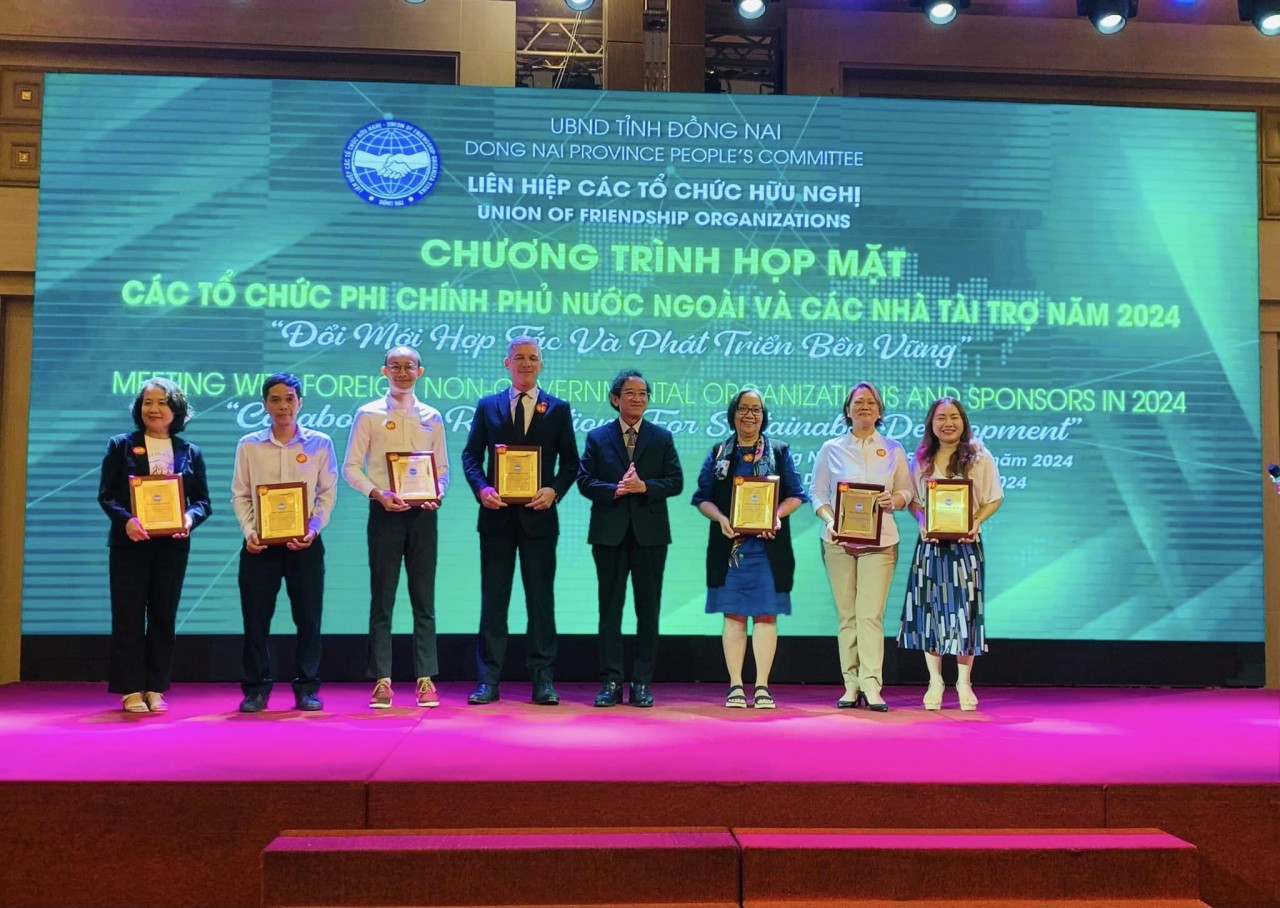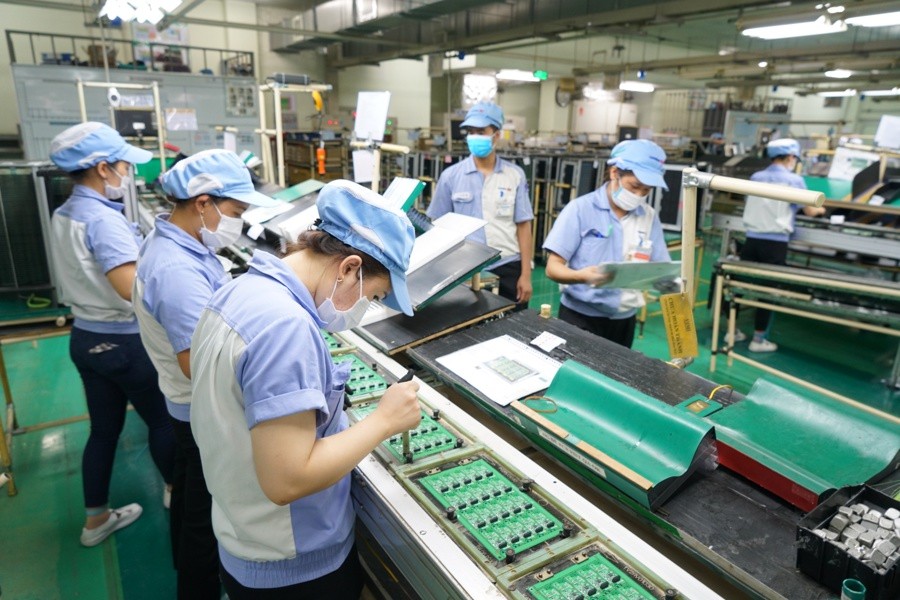Vietnam Remains Attractive Destination for Foreign Businesses: HSBC
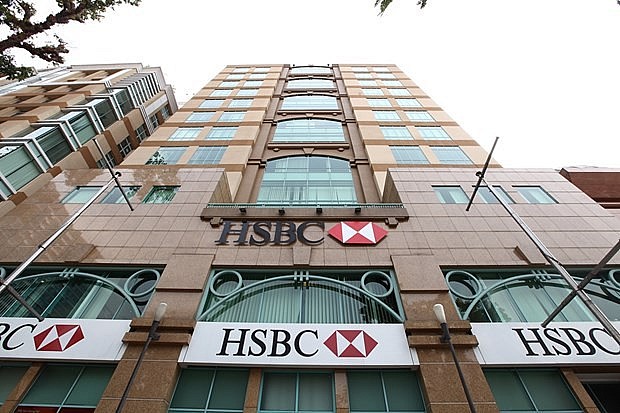 |
| HSBC commissioned the online survey of 3,509 businesses based in nine markets - China, India, the UK, France, Germany, the US, Australia, Hong Kong (China), and GCC countries (United Arab Emirates, Saudi Arabia, Bahrain, Qatar, Oman and Kuwait). Photo: VNA |
“We continue to see very strong interest in the Vietnam story from customers throughout the HSBC network,” the bank said in its recent survey.
HSBC commissioned the online survey of 3,509 businesses based in nine markets - China, India, the UK, France, Germany, the US, Australia, Hong Kong (China), and GCC countries (United Arab Emirates, Saudi Arabia, Bahrain, Qatar, Oman and Kuwait).
According to the HSBC Global Connections survey, Vietnam which has become known for its rapid economic growth also stands out as one of the top performers in the ASEAN region given its strong economic resilience during and after the Covid-19 pandemic.
This resilience coupled with its hard working skilled work force and competitive cost structures continues to attract strong FDI flows into the country.
The country's fast growing middle class is also a real opportunity for international companies who are looking to tap into the consumer story that will see Vietnam become the 10th largest consumer market in the world by 2030, said Tim Evans, CEO of HSBC Vietnam.
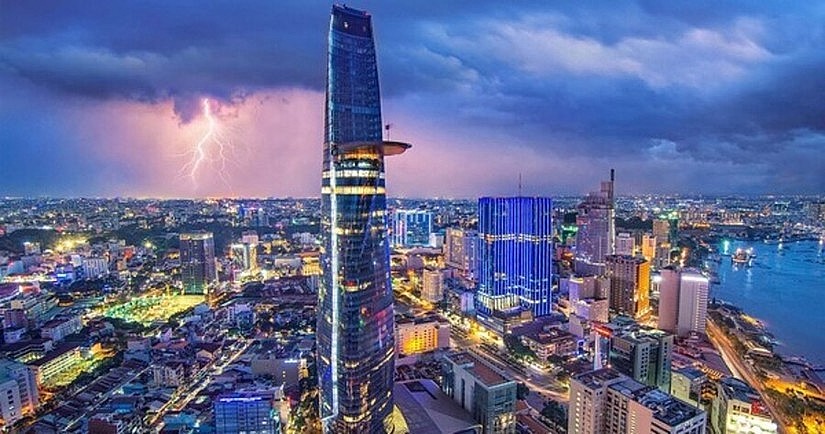 |
| Vietnam has become known for its rapid economic growth. Photo: mekongasean.vn |
Several international businesses see Vietnam’s growing consumer market as an opportunity, with 27% highlighting the appeal of increasing consumer prosperity.
Business decision makers from Chinese and Indian companies were likely to highlight the opportunity to scale quickly in its sizeable market, with 32% and 41%, respectively, pointing to this market attribute.
Indian businesses also point to the opportunity to develop and test new products and solutions, with 45% of them saying this attracted them to expand there. About a quarter of all business also see advantages in Vietnam’s demographics and young population.
Vietnam has a high smartphone penetration rate and a vibrant start-up sector, and the growth of e-commerce is a key selling point for many international businesses: 23% say they are attracted by the country’s growing digital economy.
Three in 10 respondents believe the Vietnamese economy will see significantly increased economic growth during the next 10 years due to technological change.
Vietnam’s importance in global trade flows is reflected in strong interest in free trade agreements. Overall, 63% of companies in the survey intend to make use of the EU-Vietnam Trade Agreement, which entered into force in August 2020 with the goal of eliminating 99% of tariffs and reducing trade frictions between the two partners.
However, cultural differences and regulatory developments are the top challenges for foreign firms operating in Vietnam, with 31% of foreign companies pointing to cultural difficulties, and 30% to the challenge of adapting to fast-changing regulations and policies within the market.
Australian companies were especially likely to say they had dealt with cultural issues, with 40% saying they had faced these in Vietnam. US and Hong Kong firms both stated the challenge of adapting to regulation as their primary challenges, with 32% and 34% of companies respectively reporting this.
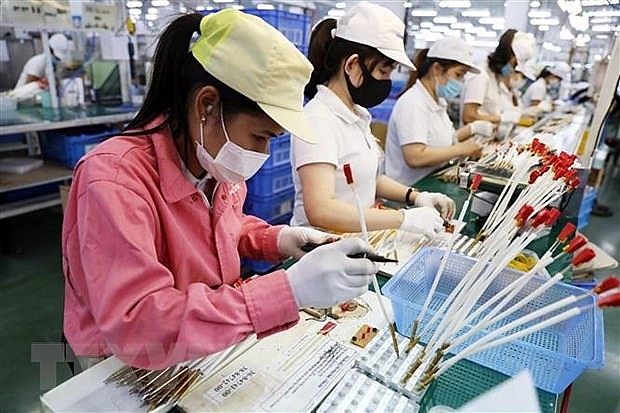 |
| A gas stove component production line of the Japanese-invested Paloma Vietnam Co. Ltd in the Vietnam - Singapore Industrial Park in Hai Phong city. Photo: Photo: VNA |
The foreign Investment Agency under the Ministry of Planning and Investment reported that Vietnam lured close to $18.15 billion in foreign direct investment (FDI) from the beginning of this year to August 20, up 8.2% year-on-year.
In the period, there were 1,924 newly-registered projects with a combined capital of $8.87 billion, up 69.5% and 38.6% year-on-year, respectively.
Over $4.53 billion was added to 830 existing projects, down 39.7% and up 22.8% year-on-year, respectively.
The value of capital contribution and share purchase deals rose by 62.8% to $4.47 billion.
The manufacturing and processing sector led in FDI attraction, with close to $13 billion, followed by real estate with more than $1.76 billion.
In the January-August period, Singapore topped the list of countries and territories pouring capital into Vietnam with more than $3.83 billion, down 15.4% annually. It was followed by China (nearly $2.69 billion) and Japan (over $2.58 billion).
Hanoi received the lion's share – $2.34 billion – of the foreign investment, up 2.89 times against last year. Hai Phong came second with over $2.08 billion, increasing by 72.2%, followed by Ho Chi Minh City, Bac Giang, and Binh Duong.
As of August 20, FDI disbursement was estimated at about $13.1 billion, an annual rise of 1.3%.
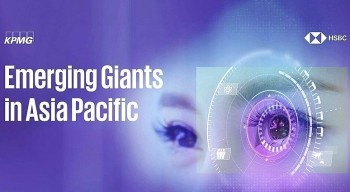 | Vietnam Leads Start-up Scene in Asia: KPMG and HSBC Report Vietnam was home to just 1,600 start-ups at the start of the COVID-19 pandemic, but that total has jumped to more than 3,000 now, including ... |
 | HSBC: Vietnam Ranks 2nd in Post-Pandemic Recovery Potential According to the CEO of HSBC, Vietnam ranks second in terms of post-pandemic recovery potential, continuing to be an attractive destination for foreign investors. |
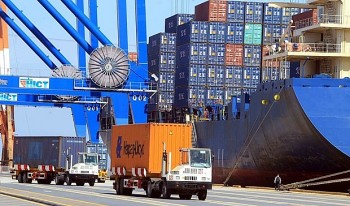 | Vietnam News Today (Mar. 10): Vietnamese Economy Sees Silver Linings Despite Challenging Start to 2023 Vietnam News Today (Mar. 10): Vietnamese economy sees silver linings despite challenging start to 2023: HSBC; HCM City removes hindrances to work permit issuance for ... |
Recommended
 World
World
Thailand Positions Itself As a Global Wellness Destination
 World
World
Indonesia Accelerates Procedures to Join OECD
 World
World
South Korea elects Lee Jae-myung president
 World
World
22nd Shangri-La Dialogue: Japan, Philippines boost defence cooperation
 World
World
Pakistan NCRC report explores emerging child rights issues
 World
World
"India has right to defend herself against terror," says German Foreign Minister, endorses Op Sindoor
 World
World
‘We stand with India’: Japan, UAE back New Delhi over its global outreach against terror
 World
World

